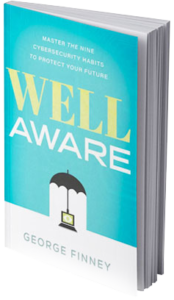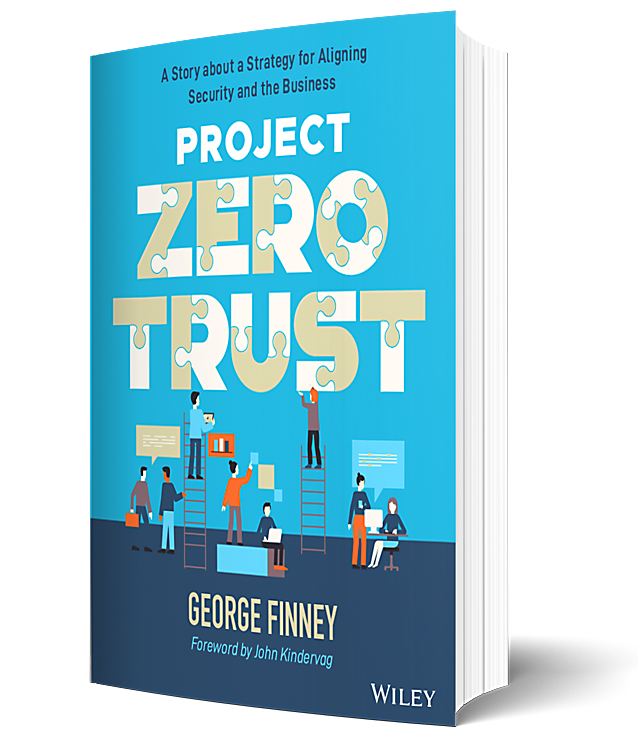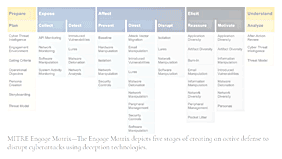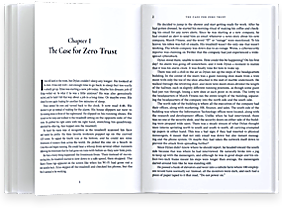Security is not about technology. It's about people.
Master the Nine Cybersecurity Habits to Protect Your Future
Key Strategies to safeguard
your future.
Who Is Responsible For Cybersecurity?
The threat of cybercrime and the need for increased security is only occasionally discussed at board level in 54% of businesses.
65% of businesses say cybersecurity needs to be discussed more at senior management level.
31% of employees receive cyber training and education on an annual basis.
31% say the responsibility ultimately sits with the CEO
SOURCE: RSM GLOBAL KEY FINDINGS, 2019 CHUBB CYBER RISJ SURVEY
Security is about people, not technology
The Nine Cybersecurity Habits To Protect Your Future.
1. LITERACY
There is an element of security that involves understanding your environment. This involves continuous learning.
2. SKEPTICISM
Being a skeptic means not trusting something until you've established its credibility.
3. VIGILANCE
This is the state of mind for keeping watch so that when you see something, you can be ready to recognize and act.
4. SECRECY
To protect your digital assets, you need to know what they are and you need to understand why you're protecting them.
5. CULTURE
Security doesn't happen in a vacuum, it requires everyone to participate in the form of practices, routines, and traditions.
6. DILIGENCE
After you experience an incident, you need to have plans and protocols for handing how you prepare and respond.
7. COMMUNITY
You need help to be secure. We work together to solve problems.
8. MIRRORING
You want to be able to see your digital self and what you look like from someone else's perspective.
9. DECEPTION
Deception can be both a preventative control as well as a detective one.

Read More About These
Nine Cybersecurity Habits.
This book by George Finney offers a timely take on the leadership issues that businesses face when it comes to the threat of hacking. By implementing these habits and changing our behaviors, we can combat most security problems.






There Is A Way To Improve Human Security.
It Starts With Changing One Habit At A Time.

Security Is In Your DNA.
As a social animal, we came together as a species for mutual protection, and we’ve evolved to have a natural desire to want to play a role in security. And whether we come together in our families, communities, or organizations, we need security in order to perform at our highest and reach our full potential as individuals.
As humans, we have the unique ability to understand how our own minds work, and then we can change our own minds from the outside in. We must understand not just the technical aspects of security but also the psychology and neuroscience behind it. Security is not a competency; it is a behavior. Behaviors can’t be changed overnight, but they can be changed.

IMPLEMENT ZERO TRUST tomorrow
Implement Zero Trust initiatives efficiently and effectively.

DOWNLOAD THE AUDIO COMPANION GUIDE ABSOLUTELY FREE
TRY OUT CHAPTER one TOTALLY FREE
"Well Aware shows you don’t need a degree in computer science to safeguard your community. George Finney’s nine cybersecurity habits make protecting yourself online approachable for anyone.”
—Daniel H. Pink, New York Times Bestselling author of When, Drive, and To Sell Is Human
“George Finney has written a must-read primer for anyone who wants to protect themselves online . . . particularly for leaders who need to protect their organizations. With this book, you can learn from one of the best.”
—Robert Glazer, best-selling author of Elevate, Friday Forward, and Performance Partnerships
“George has documented an incredibly practical and holistic overview of the foundational elements of cybersecurity practice and business in general. Definitely worth the read.”
— Stuart McClure, former CEO of Cylance and author of Hacking Exposed
FREE DOWNLOAD.
Well Aware
Companion Guide: Roadmap To Success


Recent Articles.

How To Win Friends and Influence People To Be More Cybersecure
At the beginning of George Johnson’s career as a safety inspector, he would tellpeople about the roles and regulations requiring them to wear hard hats.

The Origami Man
The following is an excerpt from George Finney’s No More Magic Wands: Transformative Change for Everyone. The book follows the story of Harmony Evergreen, the

Mister Groundhog
The following is an excerpt from George Finney’s No More Magic Wands: Transformative Change for Everyone. The book follows the story of Harmony Evergreen, the


